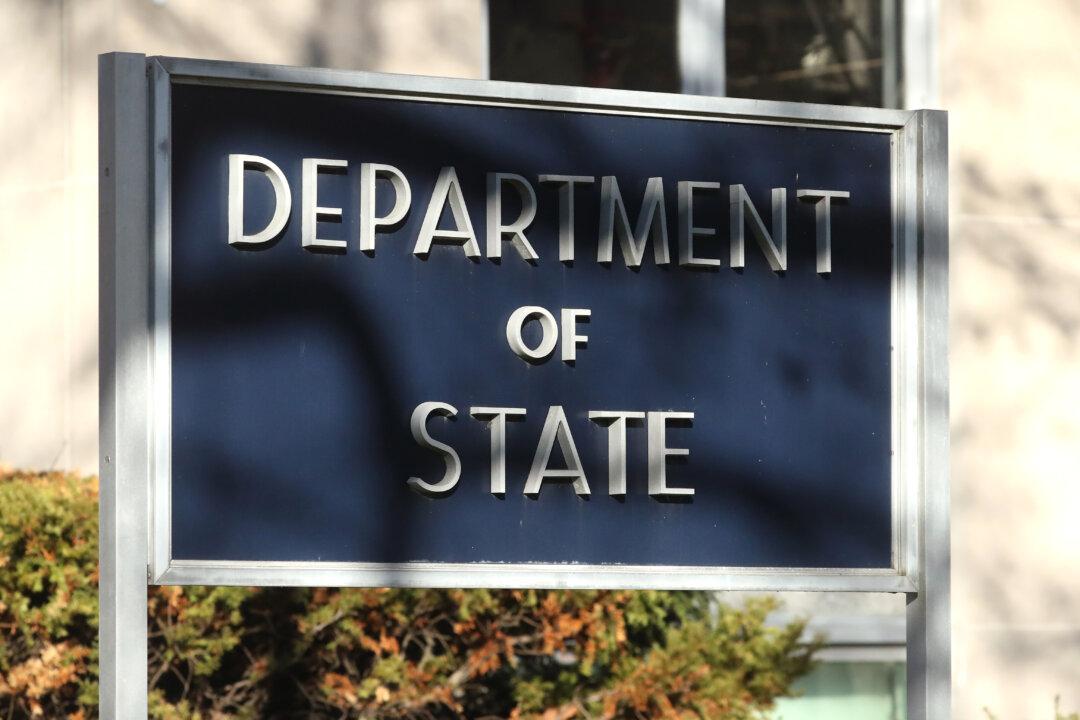China is spending billions of dollars annually to disseminate disinformation and propaganda around the world, and with advancements in artificial intelligence, the communist regime will soon be able to “surgically target foreign audiences” with its influence operations, according to a report released on Sept. 28.
The State Department’s Global Engagement Center (GEC) pointed out in its report that the Chinese Communist Party (CCP) has a long history of distorting facts. Now it is peddling “false or biased pro-PRC content” globally while suppressing dissenting voices, the GEC explains—referring to the acronym for the country’s official name, the People’s Republic of China.



